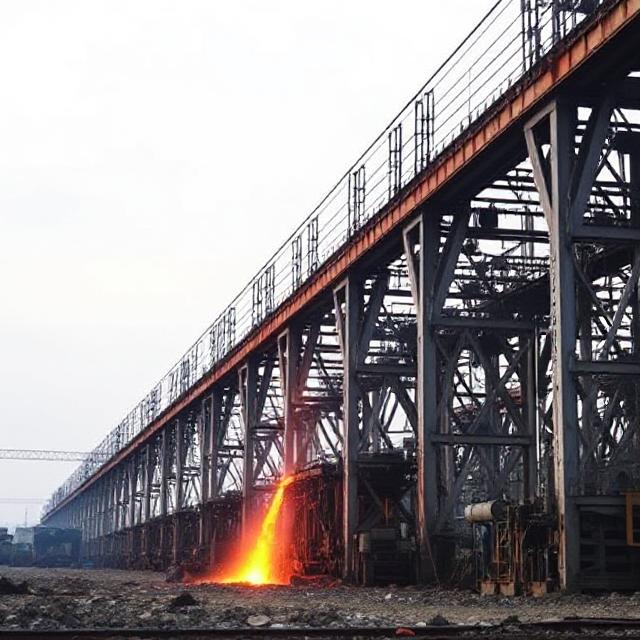In a significant move to promote self-reliance in steel production, the Indian government has revised the Domestic Manufacturing of Iron & Steel Products (DMI&SP) Policy 2025, mandating that all steel used in government-funded infrastructure projects-including data centres-must be fully melted and poured within India. This “Melt and Pour” condition marks a decisive shift toward strengthening domestic steel manufacturing and reducing dependence on imports.
According to a report, the revised policy requires steel products used in such projects to not only be manufactured but also processed entirely within the country. This will ensure traceability and compliance from the initial melting stage through final fabrication, thereby bolstering India’s production ecosystem and quality standards.
One of the key sectors expected to benefit from this policy is data centre infrastructure, which has seen accelerated growth due to increasing digitalisation and cloud computing demand. With large players like L&T and Adani Group investing heavily in data centre parks, the demand for structural steel and specialised steel products is poised to surge. The revised DMI&SP policy will ensure that this growing demand directly supports Indian steelmakers, including major producers like JSW Steel, Tata Steel, and SAIL.
Industry experts believe this move will not only support domestic steel production capacities but also create jobs and encourage investment in backward integration and technological upgrades. It also aligns with the government’s broader “Atmanirbhar Bharat” mission and efforts to develop a robust domestic supply chain for critical infrastructure materials.
As government and private sector investments in infrastructure rise, the “Melt and Pour” rule is expected to play a pivotal role in ensuring that Indian-made steel becomes the backbone of the nation’s digital and physical growth.





